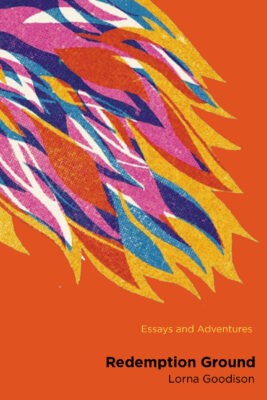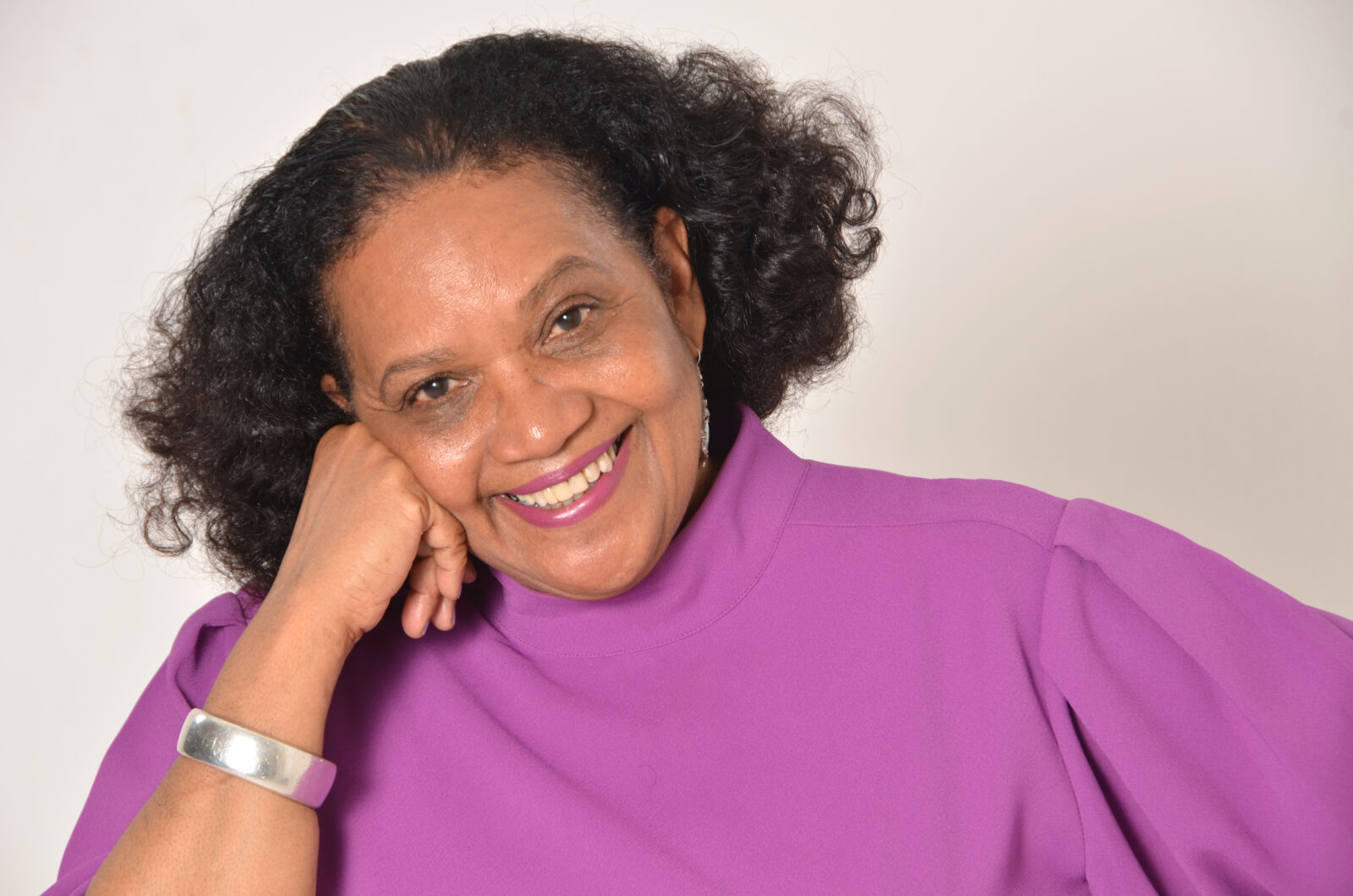R
edemption Ground: Essays and Adventures offers us glimpses of Lorna Goodison’s long and winding literary career.Goodison wrote these pieces over the course of ten years. She was not sure how they would come together until she spoke to her friend, editor and publisher Margaret Busby, at a funeral for the Jamaican poet James Berry. Busby urged Goodison to send her the essays, setting into motion the collection’s creation. I spoke with Goodison over Zoom, in the wake of another Montreal snowstorm, about literary inspiration, the place of Caribbean writing locally and globally, and the therapeutic role of poetry.
Goodison was formally trained as a painter, and some of her early exhibitions actually combined visual arts and poetry. Her first volume of poems, Tamarind Season, was published in 1980 when she was writing copy at an advertising firm. Since making a clear pivot to writing, Goodison has published numerous poetry volumes and a few short story collections. Her works concern themselves with intimate histories, the burdens and affinities that constitute the legacy of colonialism, and the role that art plays in helping us make sense of both the personal and historical. Her works also capture the land, language, sensibilities, and personalities of her homeland Jamaica.
Redemption Ground Véhicule Press
Essays and Adventures
Lorna Goodison
$21.95
paper
166pp
9781550656213
Not only can this expose the connections between various moments in one’s life, but there can be a thrill in jumping back and forth in time. Goodison seems to have the same adventurous style in her own creative practice. She keeps herself open to experiences and, when writing and curating, allows herself to gravitate towards the events that are calling out to her. Perhaps this is why Goodison’s collection privileges moments of effervescence, where feelings are strong and some kind of revelation is just below the surface.
“Someone once said that the best poetry is the music of what happens… I like to be where that music is playing.”
One of Goodison’s earliest works was a couplet she invented at the age of eight about her mother’s distant cousin – for which she was immediately chastised by her mother. As an adult, Goodison wrote about another family member: her maternal great-grandmother, who had been a small child when slavery was abolished in Jamaica in 1838. “Most of the poem is [my] imagining,” she writes; “I had to learn to listen carefully to family stories and then imagine and constantly reimagine those stories.” Goodison sees the way that Caribbean writers work with a fragmented archive as a generative practice, one that allows writers to furnish worlds different from their own and recover what would otherwise be lost completely.
I ask Goodison about challenges with this kind of work – whether there were any issues she encountered with reconstructing her family history, any doubts she felt about the authenticity of her narratives. Goodison responds by suggesting that one thing she has come to recognize is “that nobody has all the information when [they] write about history,” especially if they are interested in ordinary people. Sometimes filling in the blanks is also the only way to construct a narrative. “It’s all right for me to write in the end. No one actually tells you you can just do that.”
Redemption Ground also represents Goodison’s many literary influences – not only other written texts but also films, music, visual art, songs, and conversations. Goodison expresses reverence for all of these forms of storytelling. She believes that her engagement with various media has allowed for her writing to have a sensuous quality. “Colour, texture, and sound are very present” in her writing, she notes; “I like to infuse my writing with these sensory experiences.” Goodison does not believe in mining everyday life for material. However, she does suggest writers must be attuned to their surroundings: “I do not want to shut myself off from the world. Someone once said that the best poetry is the music of what happens… I like to be where that music is playing.”
Goodison remarks that much has changed for Caribbean writers during her career. The colonial education system gave her and other Caribbean writers a firm grasp of the literatures of Europe, but had also taught them that “real literature was not something produced locally because that sort of writing would have no appeal to an international audience.” The postcolonial period saw the rise of writing that centres Caribbean language, culture, and aesthetics. Goodison mentions to me how, when she reads the poetry of her friend and colleague Derek Walcott, she knows exactly how it feels to be where he is standing. This jolt of recognition is valuable because it produces a “more visceral connection [to the work].”
However, Goodison goes on to suggest that she is done caring about whether or not Caribbean literature has a global reach. If not, “it’s their loss,” she says. “Meanwhile, we are at home with the literature of the world.” I do wonder, however, if this sentiment obscures the asymmetries in the global circulation of books, as well as the way in which the literary marketplace imposes certain restraints on writers from the Global South.
A through line between many of Goodison’s essays is her experience of poetry as something which can ease the tensions within us and the world at large, even if just momentarily. “I am still, to this day, drawn to poems that contain what I call medicine,” she writes. She clarifies that she believes some poems “touch some part of us that needs something – like healing or rethinking… Some poems are written specifically to help.” They may address a silence or blockage that is in the way of forward movement, prompting the reader to confront problems without falling apart. Other times, they allow us to imagine the resolution of some ongoing struggle that seems without end.
Goodison also says that she is particularly drawn to stories where someone is offered redemption. The kinds of redemption that we see represented in the collection are not grandiose. Instead, we read stories about people who are saved in some small way and are able, for an instant, to feel new again.“For me, it is not some triumphalist thing,” Goodison tells me; “I’ve just always liked stories where the underdog is able to pull it off. It may seem like a small, petty victory. But sometimes that is all we can get.”
Goodison’s life and work seem shaped by the people she encounters and so, as our interview concludes, I ask her if she is in touch with those she has written about in this collection. She tells me that she is not in touch with all of them and does not have any regrets about this. “When I was growing up, people were always coming in and out of our house,” she laughs, “Now, I talk to people everywhere I go. But I don’t have enough in me to maintain all those connections. Sometimes you meet people and you just get a good story out of it – or a good joke.”mRb
Photo: Hugh Wright







0 Comments